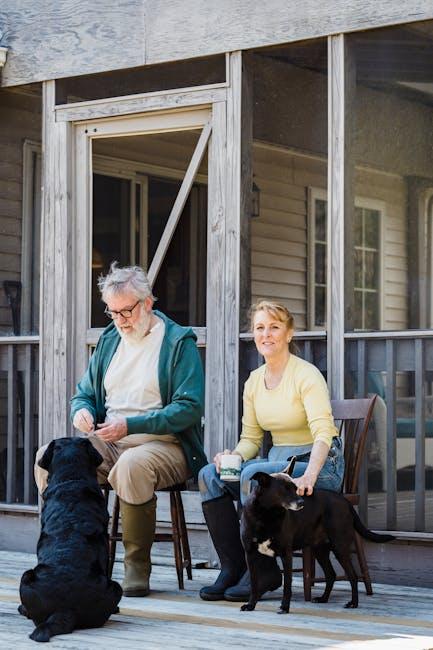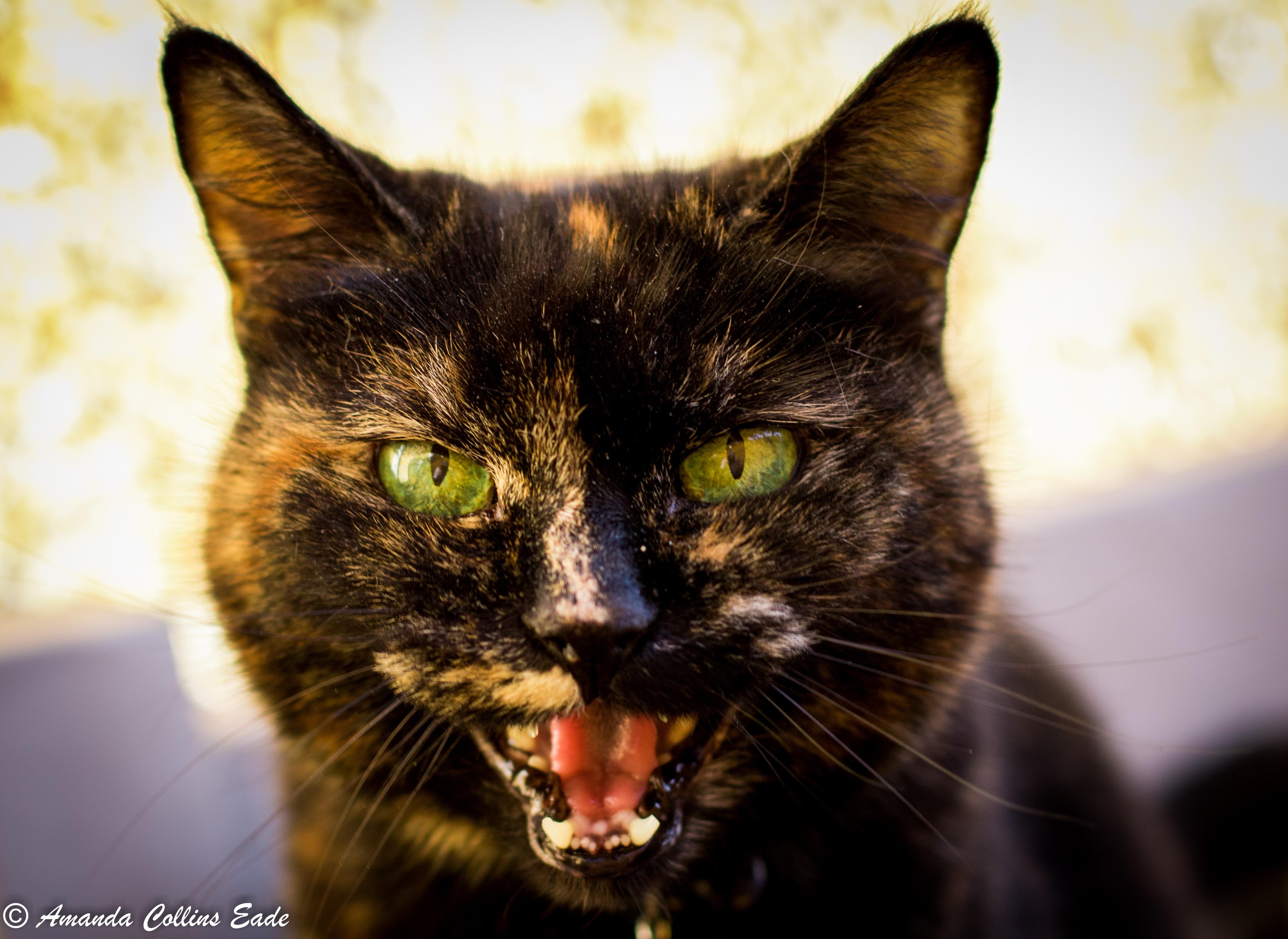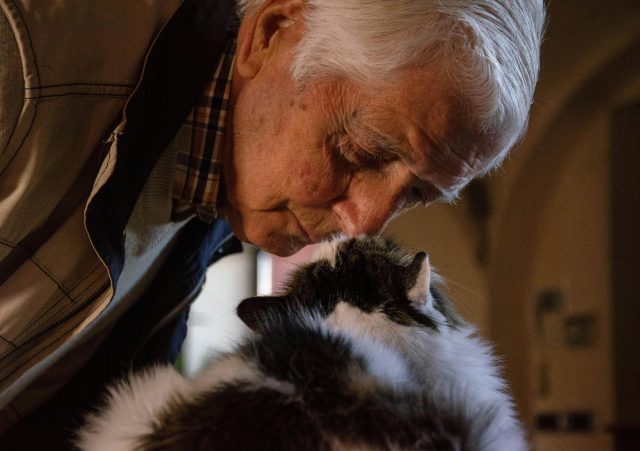In the gentle twilight of our pets’ lives, we find ourselves facing heart-wrenching decisions. As their once-spirited steps slow and their playful eyes grow weary, the question looms: should we pursue aggressive treatments to extend their time with us, or embrace the natural course of their journey? This delicate dance between love and letting go calls for a compassionate exploration. In this article, we delve into the heartfelt considerations that pet owners must weigh as they navigate the tender final chapters of their beloved companions’ lives. Join us as we explore the balance between cherishing every moment and honoring the peaceful passage of our furry family members.
Navigating Compassionate Choices for Aging Pets
In the twilight of a pet’s life, making decisions about their care requires a balance of empathy and practicality. Choosing less aggressive treatments can often prioritize the quality of life over the extension of it. This approach allows pet owners to focus on comfort and companionship, creating precious moments that resonate deeply.
- Comfort-focused care: Emphasizes pain management and emotional well-being.
- Personalized decisions: Consider the pet’s personality, preferences, and overall health.
- Quality over quantity: Cherish meaningful interactions over prolonged suffering.
Ultimately, compassionate choices reflect a deep bond, honoring the pet’s journey with dignity and love.
Understanding the Emotional and Financial Impact of Aggressive Treatments
When considering aggressive treatments for senior pets, it’s crucial to weigh both emotional and financial aspects. Emotionally, these treatments can be draining for both the pet and the owner. Watching a beloved companion endure invasive procedures can lead to stress, anxiety, and a sense of helplessness. Owners often grapple with guilt, questioning if they are doing what’s best for their furry friend. Financially, the costs can be substantial, potentially causing strain on household budgets. Veterinary bills, medications, and follow-up care can quickly add up, leading to difficult decisions about resource allocation.
- Emotional Strain: The process can be emotionally taxing, leading to feelings of guilt and anxiety.
- Financial Burden: High costs can impact the family budget, making the decision even more challenging.
- Quality of Life: It’s essential to consider whether these treatments will genuinely improve the pet’s remaining time.
Balancing these factors is key to making a compassionate choice that honors both the pet’s dignity and the owner’s capacity to provide care. Ultimately, understanding these impacts can guide pet owners in making informed, heartfelt decisions.
Gentle Care Alternatives: Prioritizing Comfort and Quality of Life
As our beloved pets age, their needs and tolerances change, often requiring a shift in how we approach their care. Gentle care alternatives focus on enhancing comfort and improving quality of life, offering a compassionate approach for senior pets in their twilight years. These alternatives emphasize minimizing discomfort and stress, providing a nurturing environment where they can feel safe and loved.
- Holistic Therapies: Incorporate gentle massages, acupuncture, or aromatherapy to soothe aches and alleviate anxiety.
- Nutritional Adjustments: Tailor their diet to support digestion and energy levels, using soft, easy-to-digest foods.
- Environmental Modifications: Create cozy resting areas with warm blankets and ensure easy access to food and water.
By embracing these gentle methods, pet owners can offer a dignified and peaceful experience for their cherished companions, prioritizing their well-being over aggressive interventions that may cause unnecessary distress.

Empowering Pet Owners with Knowledge and Support
When our beloved pets reach their twilight years, making healthcare decisions can be challenging. It’s essential to weigh the benefits and potential burdens of aggressive treatments. Quality of life should be at the forefront of these decisions. Rather than pursuing invasive procedures, consider alternatives that focus on comfort and dignity.
- Palliative Care: Prioritize pain management and emotional well-being.
- Holistic Approaches: Explore therapies like acupuncture or massage.
- Nutrition and Hydration: Tailor diets to support overall health and energy.
Open communication with your veterinarian is crucial. They can provide guidance on what will truly benefit your senior pet without causing undue stress. Empowerment through knowledge ensures that decisions align with the love and respect we hold for our furry companions.


































